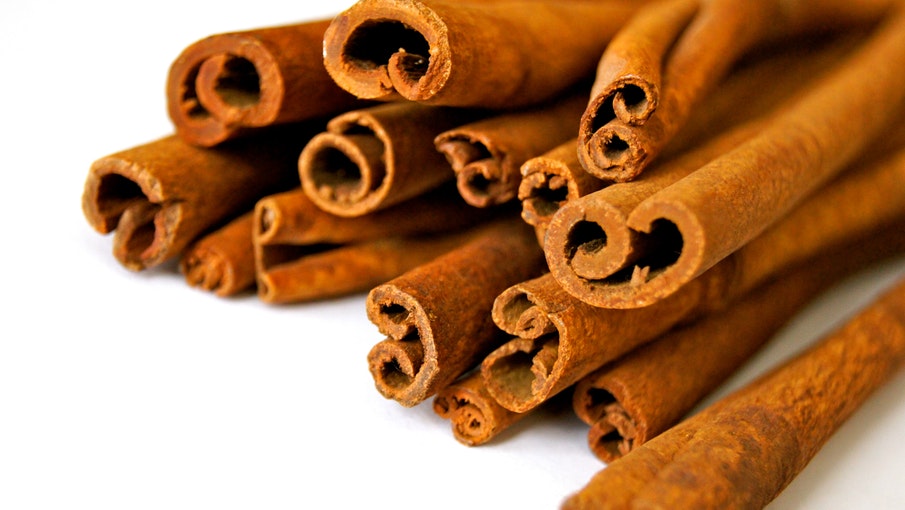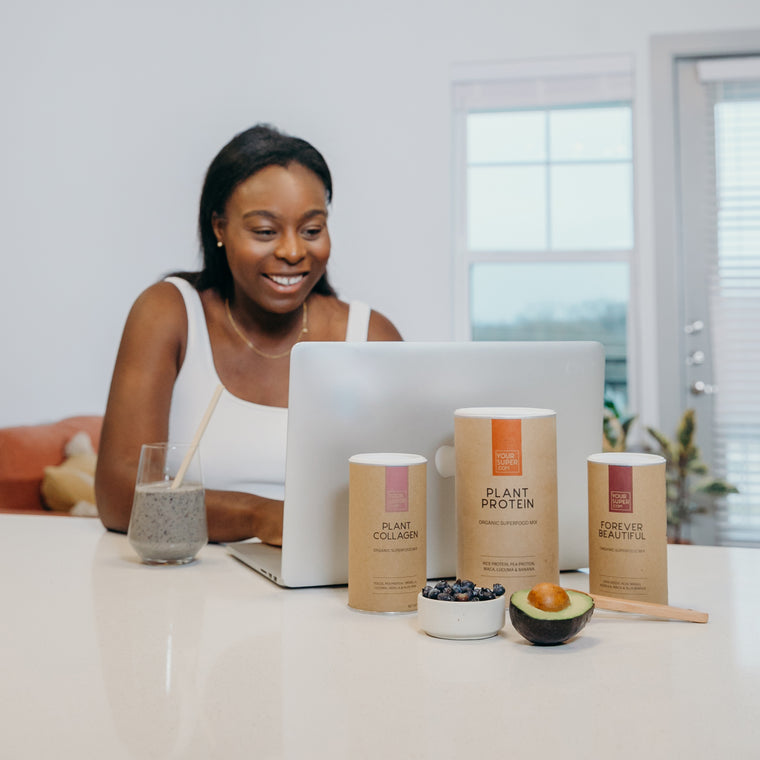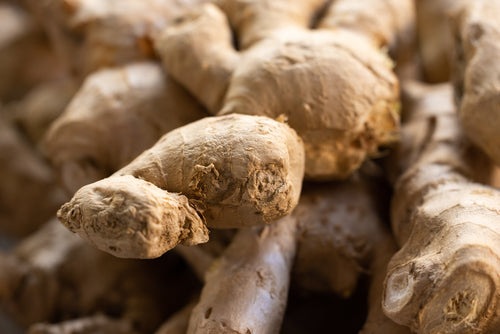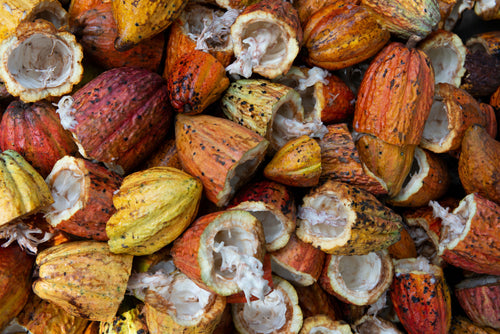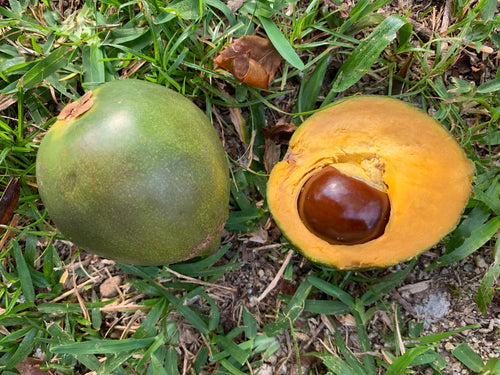Where does cinnamon come from?
Cinnamon (Cinnamomum verum) is a bushy evergreen tree and the spice extracted from its bark. Ceylon cinnamon originally comes mainly from Sri Lanka (formerly Ceylon), India and Myanmar, but is also grown in South America and the West Indies. Cinnamon was once more valuable than gold. In Egypt, it was used for embalming and religious purposes. In mediaeval Europe, it was used for religious rituals and as a flavouring.
Cassia or Ceylon: Which cinnamon variety is better?
There are two common types of cinnamon:
- Cassia: originates from southern China and is the more common (and relatively inexpensive) variety of cinnamon that you can buy in most supermarkets and is used for baking. Cassia cinnamon contains the chemical compound coumarin (not to be confused with curcumin in turmeric), which is considered harmful in high doses.
- Ceylon: comes from Sri Lanka and southern India and is less common - you usually have to buy it in a spice shop. It also has a stronger aroma, but contains far less coumarin.
From bark to spice: How is cinnamon made?
The production of cinnamon requires several steps and special manual labour. First, the main plant is harvested in the rainy season and the shoots are cut off just above the ground. During processing, the shoots are then scraped with a half-round blade and rubbed with a brass rod to loosen the bark, which is then split and peeled with a knife. The leftover peels are then pushed into each other so that they get a cylindrical shape. The whole thing is dried for 4 to 5 days and rolled tighter and tighter into the mould. Then the varieties are bleached with sulphur dioxide and sorted.
What are the health benefits of cinnamon?
As said earlier, cinnamon has traditionally been used not only as a traditional spice, but also for therapeutic purposes and rituals - especially the oil. The distinctive smell and taste of cinnamon is due to the essential oils it contains, which are very high in the chemical compound cinnamaldehyde. These oils and other plant compounds are the reason why cinnamon can be beneficial for health.
It is generally important to emphasise that the health benefits mentioned have primarily been demonstrated intracellularly or in animals, research on cinnamon so far offers no clear evidence in humans.
Cinnamon is rich in antioxidants
Cinnamon is rich in powerful antioxidants, such as polyphenols. Antioxidants protect the body from oxidative stress caused by free radicals. It is so strong, in fact, that cinnamon can be used as a natural food preservative!
Cinnamon can work against inflammation
Inflammation helps your body fight infection and repair tissue damage. However, they can become a problem when they are chronic and target the body's own tissues. Cinnamon can help fight this inflammation! Studies show that the spice and its antioxidants have powerful anti-inflammatory properties.
Cinnamon has an antibacterial effect
Cinnamaldehyde, one of the main active ingredients in cinnamon, can help fight various infections. For example, cinnamon oil can effectively treat fungal infections of the respiratory tract. The antimicrobial effect of cinnamon can also help prevent tooth decay and fight bad breath.
Cinnamon is also said to help with type II diabetes, heart disease and digestive problems.
How is cinnamon used?
Cinnamon is used as a flavouring in a variety of foods, from sweets to curries to drinks, and is popular in baked goods. The essential oil is used in food, liquor, perfume and medicines.
Somewhat unusual but effective: cinnamon powder can even help stop superficial bleeding and protect the wound from bacteria!
Because of its convincing effect (and let's be honest: because it simply tastes delicious), we have added cinnamon to two superfood mixes at once. We prefer to use the natural mixes in plant-based milk as soothing instant lattes, snacks like Bliss Balls or desserts.
Golden Mellow: The superfood mix for inner peace and relaxation. Perfect as instant golden milk. Here, the spiciness from turmeric, pepper and ginger is softened by the contained cinnamon and gets a naturally sweet note from lucuma.
Magic Mushroom: A relaxation mix for all chocolate lovers. The valuable combination of functional mushrooms, raw cacao powder and, of course, cinnamon not only tastes delicious (and provides a little Christmas spirit all year round), but also helps the body to cope better with stress and find inner balance in a natural way.

